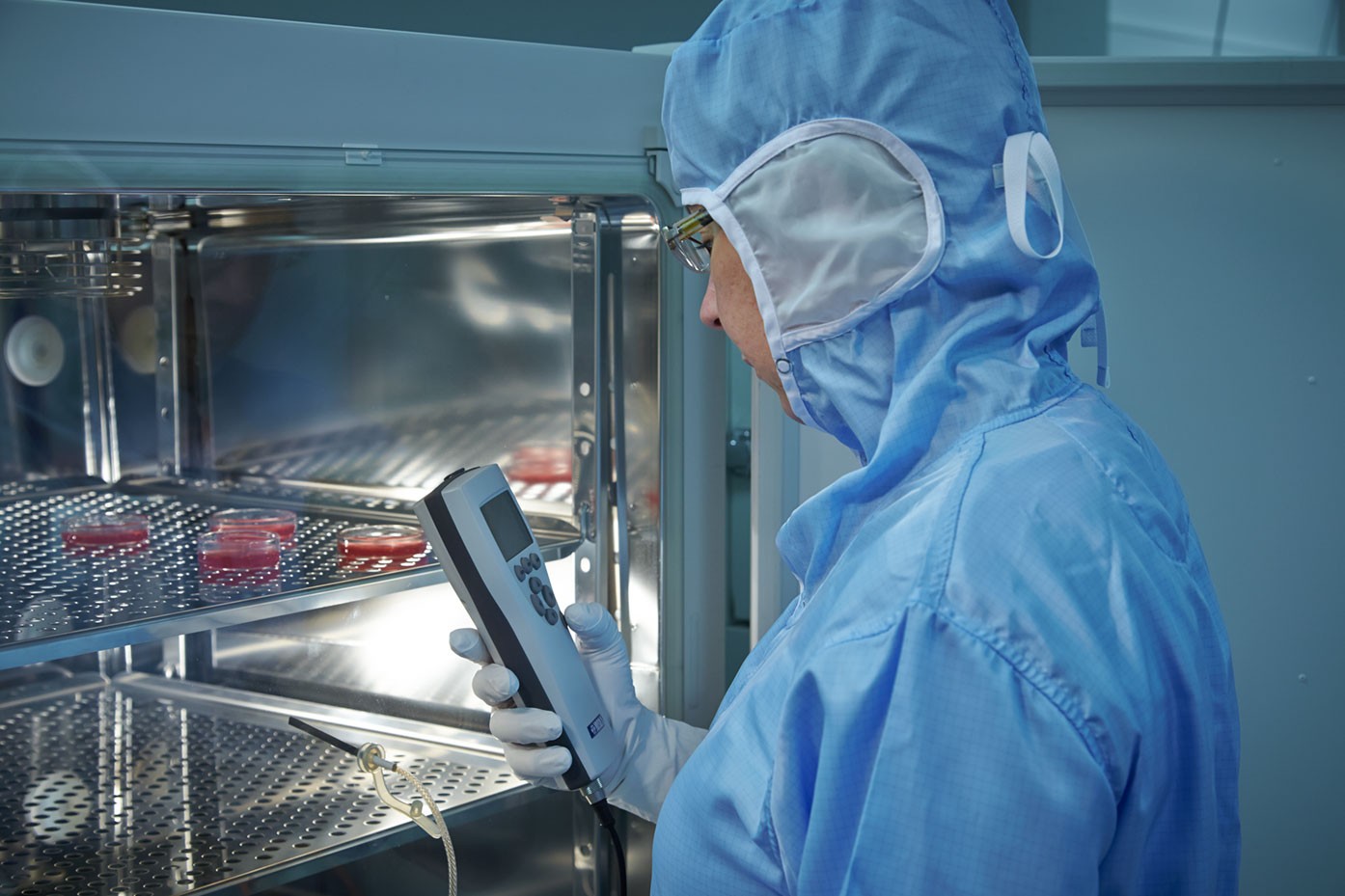- Home
- en
- datalogger-monitoring-systems
- vaisala-applications
- organ-donations
viewLinc system safeguards valuable reagents, organs & tissues used to save lives
Founded in 1973, Lifesharing is a nonprofit organ procurement organization (OPO) partnered with UC San Diego Medical Center. In 2016 organ donations to Lifesharing saved 363 lives, setting a new annual record for the organization. In the same year, Lifesharing recovered tissue from 471 donors. This tissue represented treatment potential for up to 24,000 people.
Since its inception, Lifesharing has saved over 7,000 lives through recovered organs and helped thousands more through donated tissue. Tissue Operations Director Harry Celestin has been with Lifesharing for almost two decades. During that time, he has used Vaisala’s viewLinc system to monitor and alarm storage chambers and processing areas. Freezers and refrigerators store donated tissue, research organs, and chemical agents used for perfusion and sterilization media for cell preservation. In the years he has used the viewLinc system, he has seen it safeguard invaluable materials that would have otherwise been lost.

There was one time that viewLinc sent an alarm in the middle of the night. One of the freezers seemed to be hitting a temperature threshold,” said Celestin. “We acknowledged the alarm in viewLinc, and then waited a short time to see if the refrigerator would reset. It didn’t and we spent the entire night transferring materials to other freezers. In that instance, the system saved thousands, perhaps tens of thousands, in organ perfusion agents that would have been destroyed.” It was later determined that a sensor in the fridge had been covered with ice. The refrigerator’s mechanism for stopping condensation had malfunctioned. Although not a catastrophic equipment failure, left unattended the temperature excursion would have been enough to destroy some or all of the refrigerated materials. Along with alarming, viewLinc maintains temperature records for regulatory purposes. “Our temperature records are always available to present on short notice,” said Celestin. “We are inspected and audited at the federal and state levels, and our partners expect our records to be continuous and secure. My reports are emailed to me automatically every week by viewLinc, so it’s easy to stay on top of conditions and feel ready for an inspection.”
Regulation and accreditation is crucial to ensuring the quality of tissues and organs

Lifesharing is federally designated, licensed, certified and accredited by multiple agencies and organizations, including the FDA, the State of California Department of Public Health, the Joint Commission, the Association of American Tissue Banks, the Association of Organ Procurement Organizations, and others. Regulation and accreditation is crucial to ensuring the quality of tissues and organs. The Department of Health and Human Services (DHHS) monitors Lifesharing, while the Organ Procurement and Transplant Network (OPTN) provides oversight and guidelines. Lifesharing is also a member of the United Network for Organ Sharing (UNOS). Lifesharing is also accredited by the Association of Organ Procurement Organizations (AOPO), which provides additional guidelines for all national OPOs. Recently Lifesharing moved their facility increasing the number of fridges, freezers and processing areas. After 17 years at one location, they transferred to a new building designed especially for their growing operations..
During the move, they kept all the data loggers monitoring storage chambers in place. “The Vaisala loggers made things simple,” said Celestin. “I have associates in other organizations, and changing locations can be a real logistical juggle in terms of temperature records. We were happy to keep our data loggers logging and our temperature records continuous.” As of 2017, 119,053 people in the United States are awaiting organ donation. There is hope because donations are on the rise and have been for decades, with organ transplants increasing by nearly 20% in the last five years. The technology of procurement and transplantation is improving thanks to research and increasing education about donation. “I especially appreciate Vaisala’s field support,” said Celestin. “We have them do our calibrations regularly and they take very good care of us. Organ donation saves lives, so it means a lot when our vendors support us.”
"Not only has the reliable alarming of the (viewLinc) system saved thousands in materials, but the simplicity of the system makes facilities expansion simple and easy."
Harry Celestin
Director Tissue Operations
